Common Cold Treatments Found In Your Kitchen
Although the common cold may not require immediate medical treatment, it can still be severe enough to interfere with daily activities like going to work, exercising, and taking care of the kids. If a bacterial infection is not present, there is no need for antibiotics, but many home remedies can help treat the common cold with everyday ingredients found in the kitchen. Many ingredients used for cooking have natural antibacterial and anti-inflammatory properties, which can help with upper respiratory illnesses.
Soap

The best way to treat the common cold is to prevent it from occurring in the first place. Washing hands frequently remains the best way to prevent spreading or contracting the common cold. Thankfully, most households have antibacterial soap not only in their bathrooms but also in the kitchen, since it helps clean off an individual's hands after handling raw food.
Besides using antibacterial soap, individuals can also make their own handsoap using one part castile soap with three parts water as well as five drops of peppermint essential oil. Everyone should wash their hands after visiting the restroom, as well as after handling food (particularly raw meat), and if they do happen to fall ill, after sneezing or coughing into their hands (or at least at an increased frequency than normal).
Tea
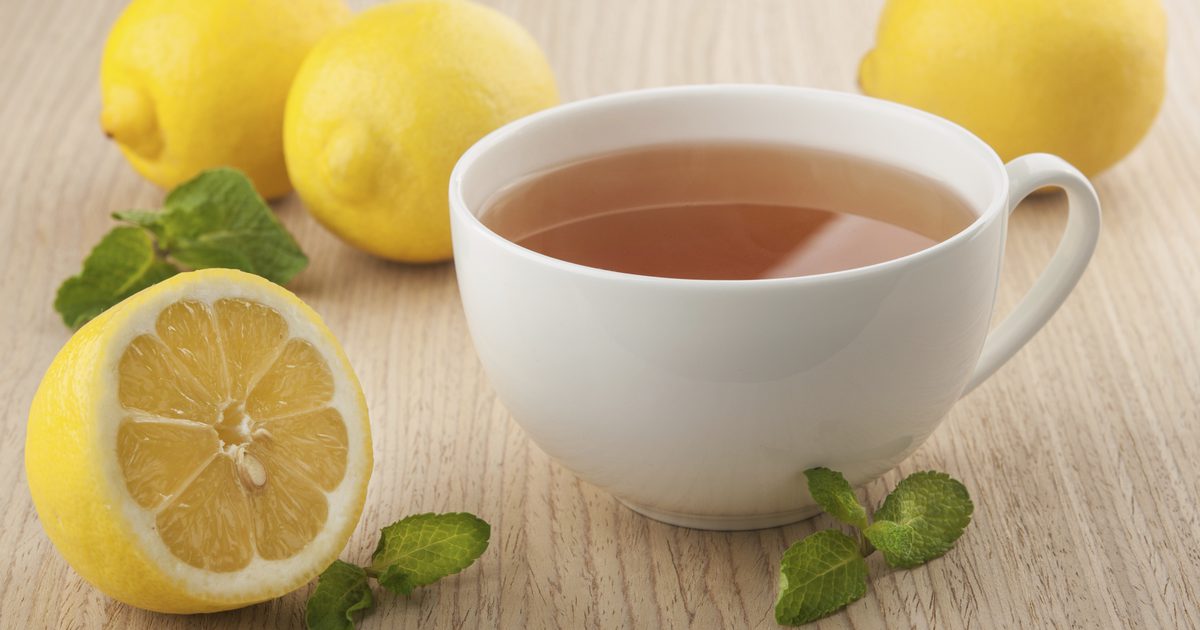
Green tea is high in antioxidants, which help reduce free radical toxins in the body to decrease the frequency and intensity of cold symptoms. Herbals teas do not contain caffeine, which can be dehydrating, and often have high anti-inflammatory and antibacterial properties as well. Mullein tea is an excellent choice because it is an expectorant, which means it helps subdue chronic coughing. Make this type of tea by steeping mullein leaves in boiling water for ten minutes. Drain the leaves and sip on the boiled water. For the other teas, simply boil water and steep according to the directions.
Besides the medical benefits discussed, drinking clear fluids is an ideal way to combat the common cold. Furthermore, hot beverages are often more comforting when an individual is ill, which makes herbal and green teas the perfect options for fighting the common cold.
Chicken Soup
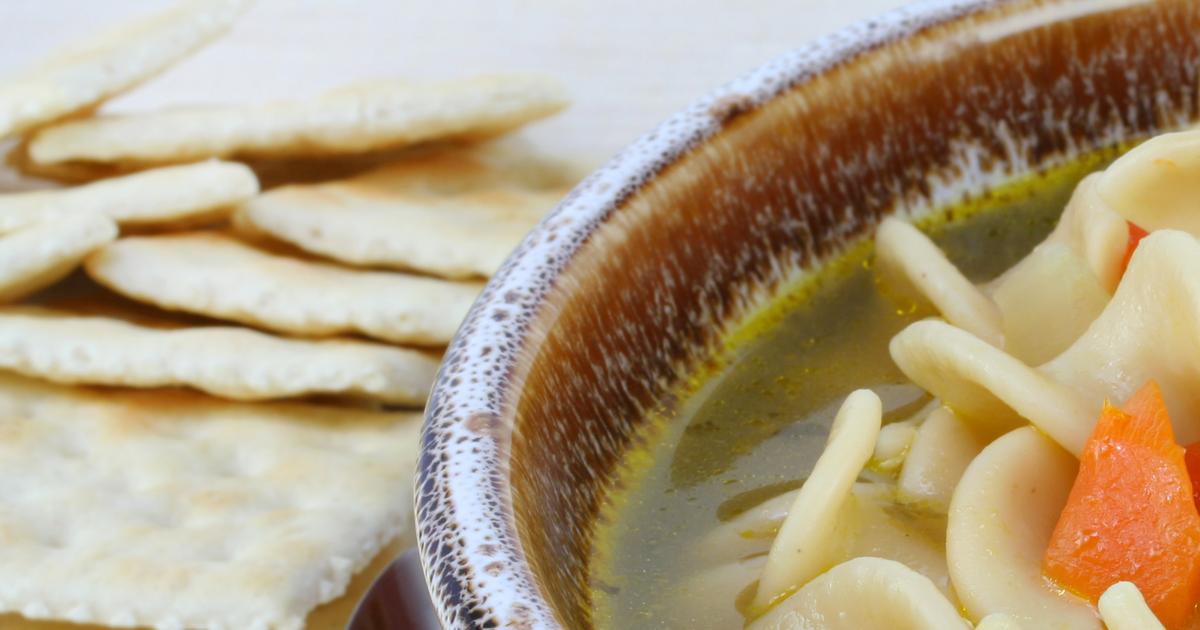
Homemade chicken soup made with organic chicken and vegetables is full of the antioxidants, protein, fiber, and carbohydrates needed to help heal the common cold. It is also a warm and comforting meal that is also easy on the stomach, which is perfect if nausea is present. Although the common cold may cause a lack of appetite, weakness, symptoms may worsen when the individual with the cold does not eat.
Chicken soup is a hearty meal to have on hand in the kitchen when someone in the household needs a healthy meal to fight the common cold. Canned soups are good in a pinch, but of course, homemade ones are excellent. Many families have a recipe they have passed through the generations, but there are also countless recipes available in books and online.
Black Pepper
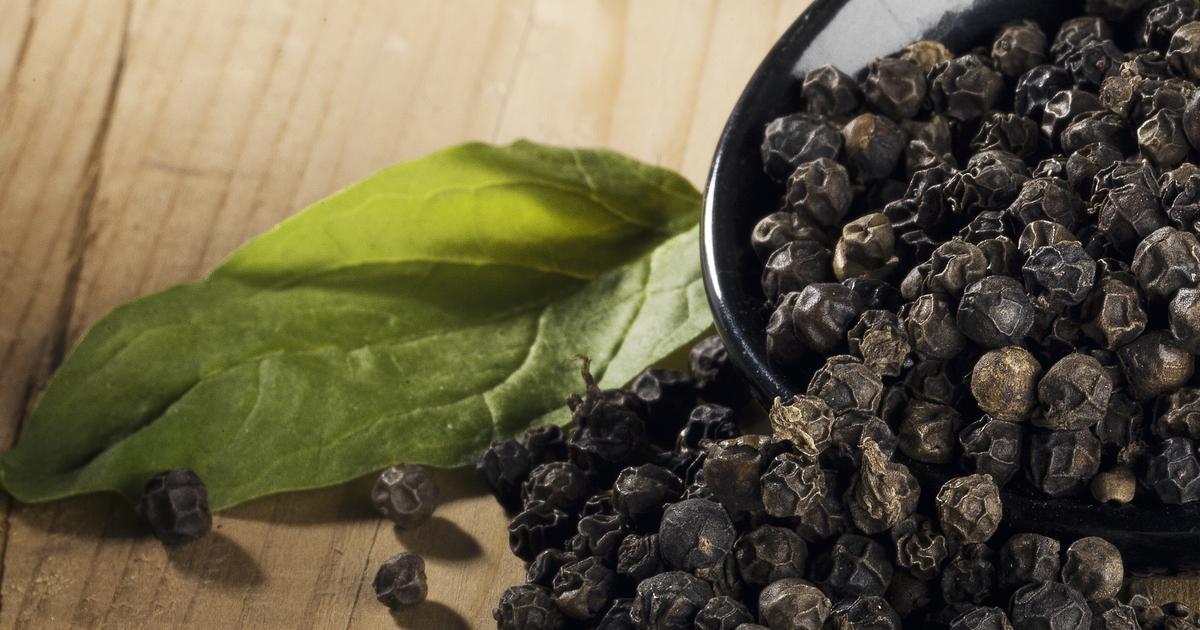
Black pepper contains an active ingredient known as capsaicin, which helps treat the common cold by thinning mucus and providing congestion relief in spades. Black pepper is needed for the absorption of turmeric, a potent anti-inflammatory spice, which can also be taken to help alleviate some symptoms of the common cold, though this is detailed later. Adding pepper to food is the best avenue for clearing congestion with pepper (do not try eating pepper by itself). Gargling with pepper water may also help. Some sources even claim smelling pepper throughout the day may even help clear congestion.
Red Onion
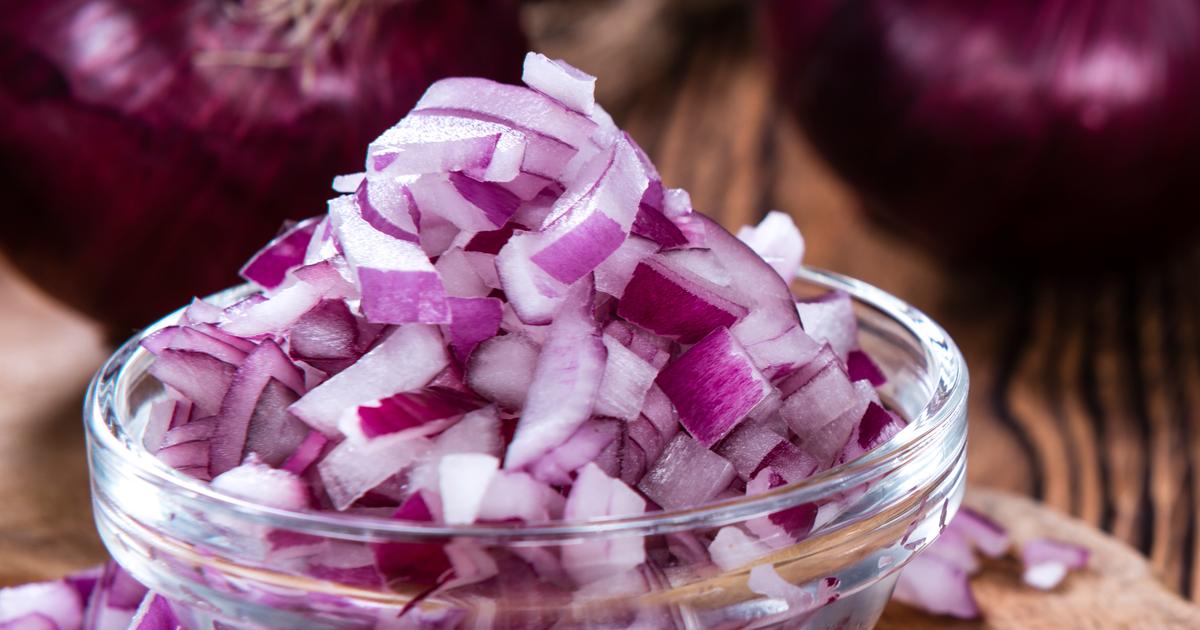
Red onions are prebiotics, which is the fuel probiotics or good bacteria in the gut need to thrive. Prebiotics encourage the growth and development of a healthy microbiome, which is where approximately seventy percent of the immune system lives. When the gut is healthy, the immune system is better equipped to handle the common cold. Add red onion to homemade chicken soup or make soup out of them by soaking them in raw honey overnight. Drink a spoonful of the syrup mixture to soothe a sore throat.
Baking Soda
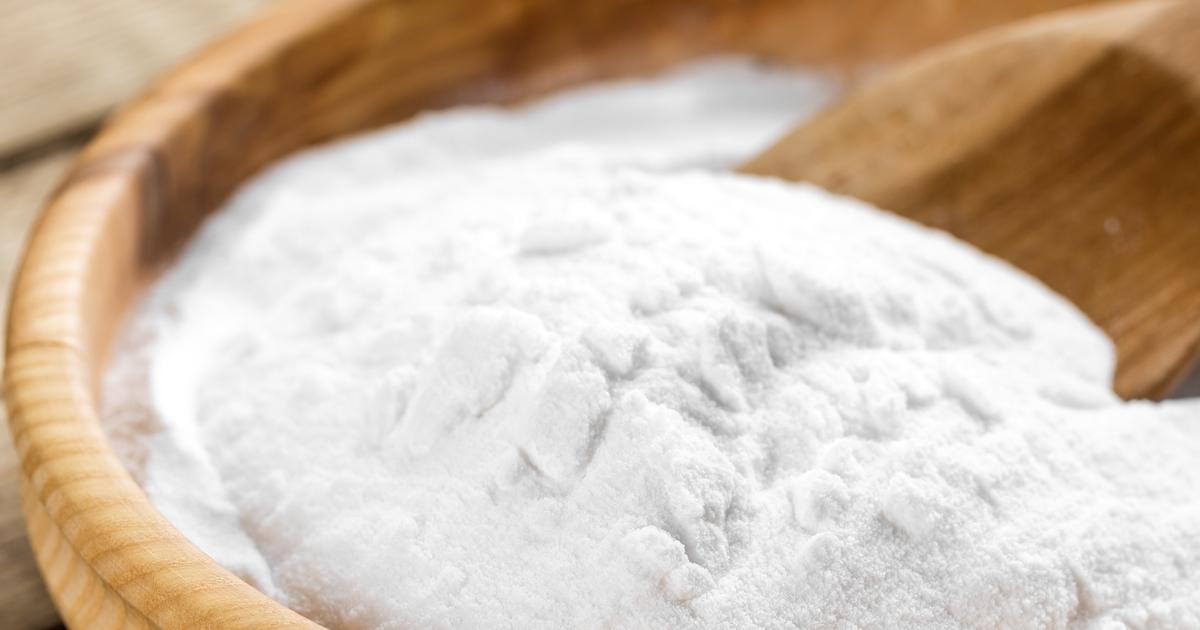
Baking soda has been used for centuries to help treat the common cold by balancing pH levels in the blood. The idea is the common cold acidifies the body while baking soda pushes the blood's pH level in the opposite direction, returning it to an alkaline status. Embrace this remedy by dissolving half a teaspoon of baking soda in a glass of cool water and drink it, repeating the process six times a day. As the symptoms of the common cold being to subside, patients can gradually reduce the amount of baking soda in the drink or the frequency of drinking it.
Raw Honey
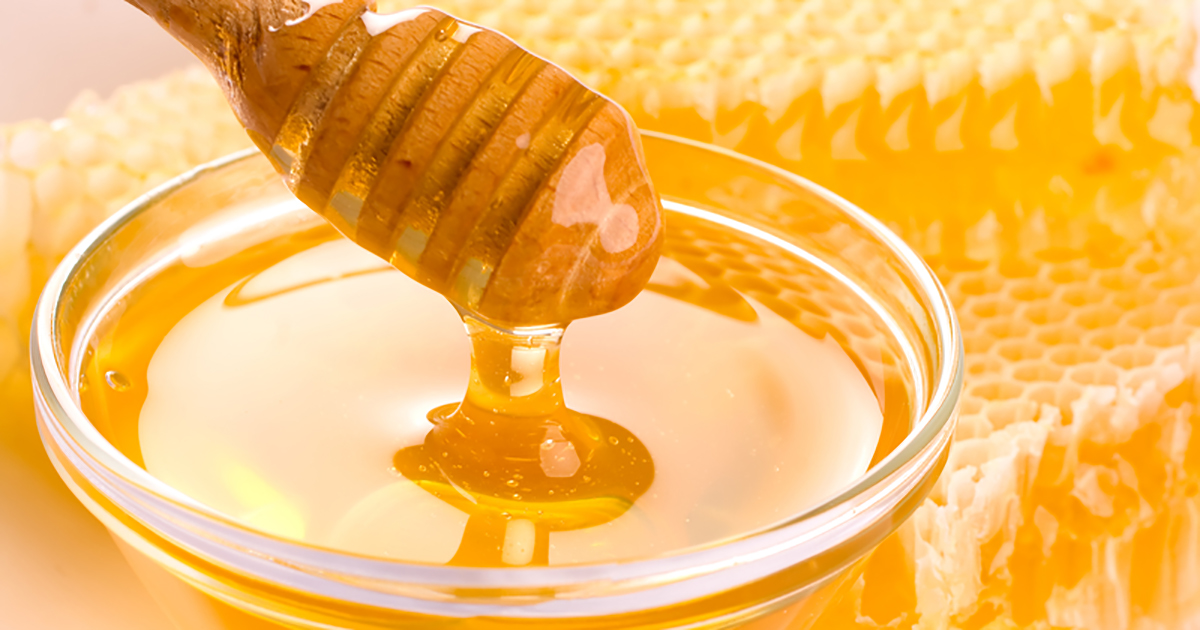
Raw honey is especially helpful in soothing a sore throat. It also typically contains antibacterial properties to wipe out germs and enzymes to keep a patient's energy levels up. Add a few tablespoons of raw honey to hot tea or eat it a spoonful during a coughing fit. Raw honey can also be added to smoothies, spread on toast, or integrated into other dishes. However, it is at its most effective in hot tea. Make sure the honey is organic and unfiltered, so its vital nutrients remain intact. Processed honey has been heated to high temperatures and stripped of it naturally healing properties.
Ginger
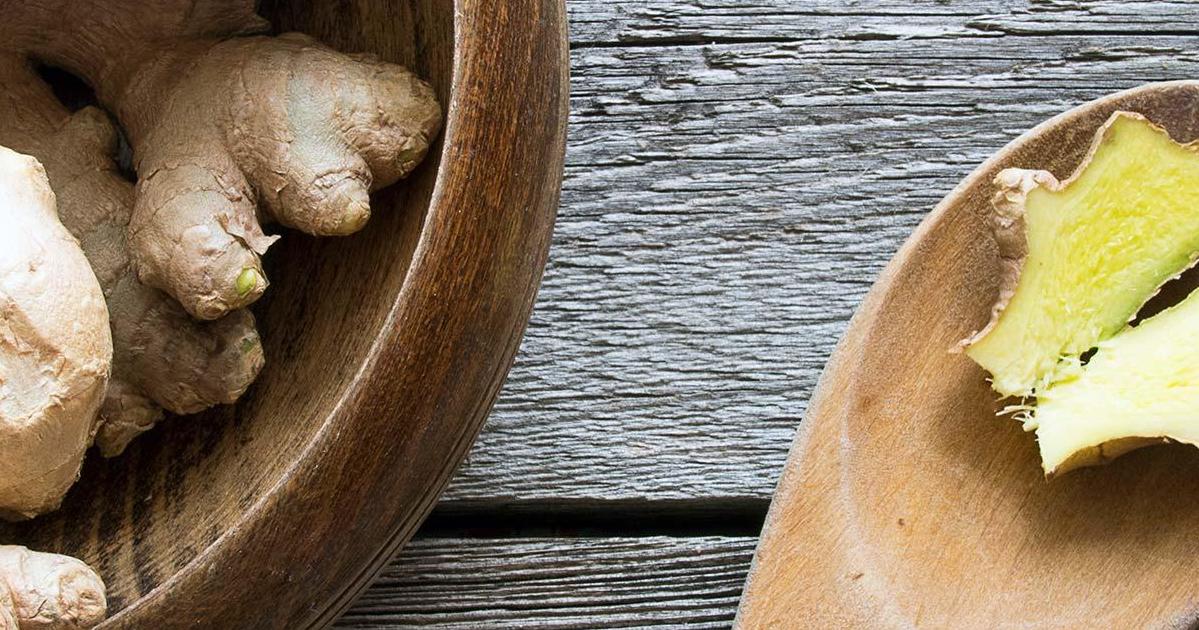
Ginger has anti-inflammatory, antioxidant, antiviral, and expectorant bioactive compounds that may be helpful for getting over the common cold quickly. It is also perfect for settling upset stomachs associated with nausea or diarrhea. Drink ginger tea with honey and lemon or prepare a paste made with ginger and cloves. Ginger supplements are an easy way to benefit from the healing powers of ginger without the fuss and can be purchased at most health food stores. Certain sodas made with real ginger can be helpful as well, though they should be flat when drunk or irritation can occur.
Garlic
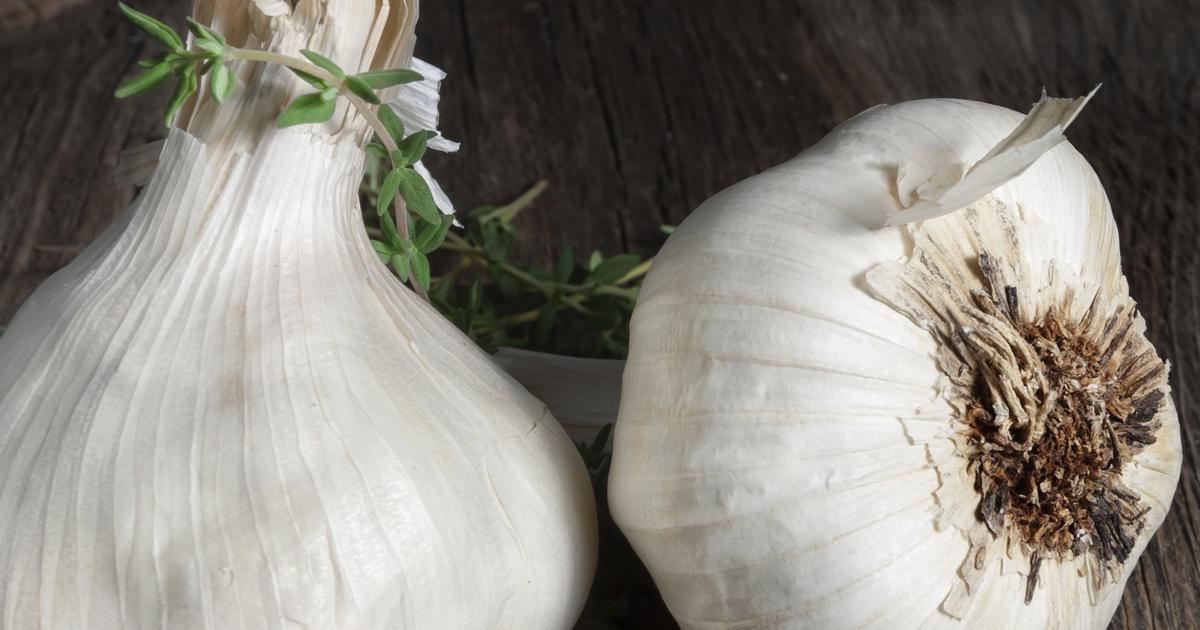
Garlic contains antiviral and antibacterial properties useful for kicking the common cold. It has also been shown to boost the immune system, open up respiratory passages, and flush toxins from the body. Garlic can be eaten raw or added to stir-fries. To help improve the flavor of eating fresh garlic, mix together one crushed garlic clove with two teaspoons lemon juice, raw honey, and a pinch of cayenne pepper. Boiling water on the stove with a little garlic and drinking the water along with a teaspoon of raw honey may also help.
Lemon

Lemon has antibacterial properties that make it excellent at killing germs. It is also a potent blood purifier and is high in vitamin C, which is needed to combat free radicals and restore the immune system. Lemon has been shown to weaken the common cold by reducing congestion, improving hydration, strengthening the immune system, and more. Sucking on a slice of lemon is a good way to get rid of a sore throat, though it can be a little touch for some patients to do. Thankfully, adding freshly squeezed lemon juice to water or hot tea also works for this as well.
Chili Peppers
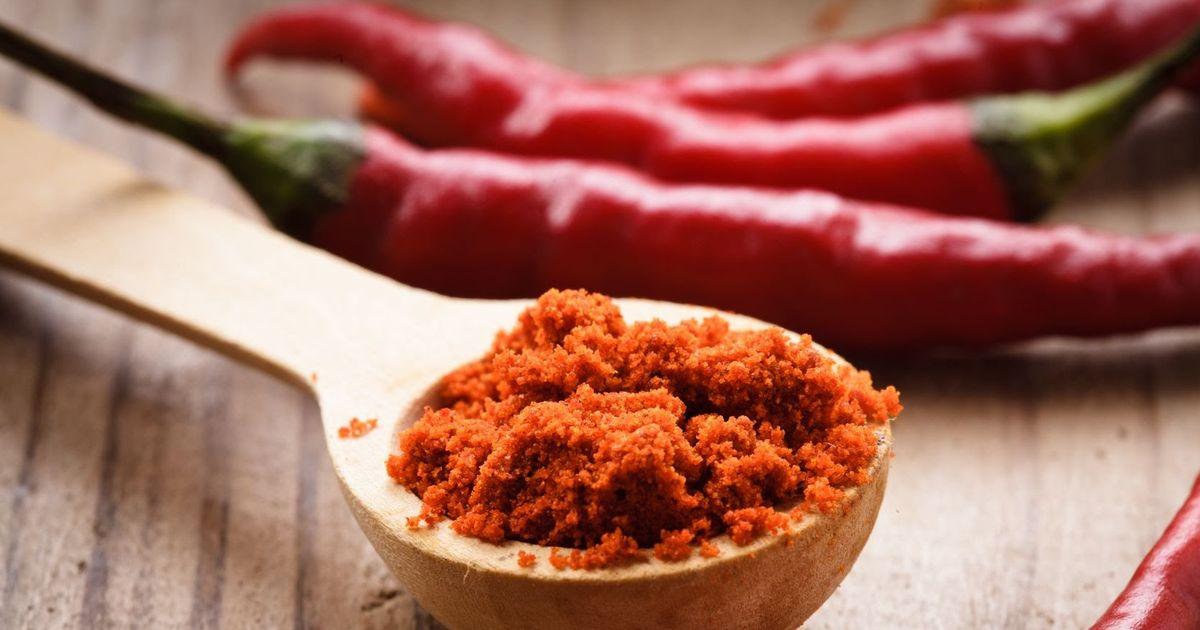
Hot chili peppers contain capsaicin, which is what makes them spicy. Capsaicin is also a decongestant and works wonderfully in relieving a stuffy nose, making it easier for patients to breathe. Some reports even indicate chili powder can help relieve a sore throat when mixed with orange juice or another liquid.
Of course, some individuals find they cannot handle the heat of hot chili peppers. Unfortunately, the heat is a big part of why they work in fighting the common cold. That being said, patients can consume mild bell peppers and obtain benefits from the vitamin C they contain.
Cinnamon
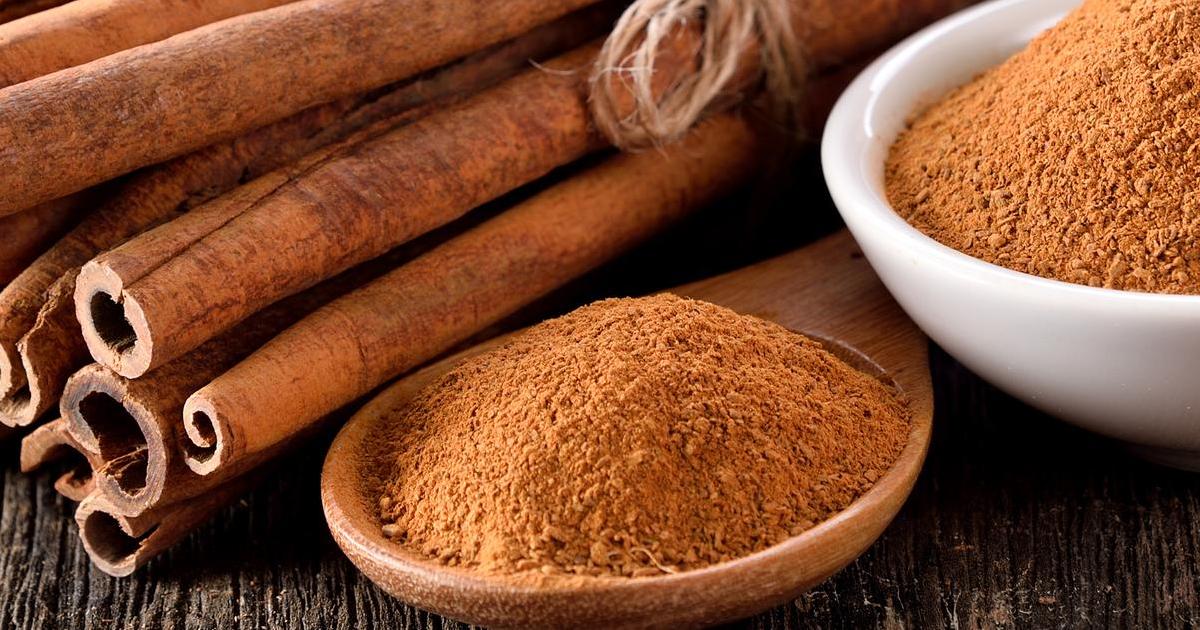
Did you know cinnamon is an incredibly potent antioxidant? In fact, it may just be one of the most potent in the world. Consuming cinnamon can dramatically decrease the length of the common cold. Many suggest mixing a teaspoon of raw honey with a quart teaspoon of cinnamon for the most direct benefit. Some reports even indicate this mixture may help clear the sinuses and alleviate coughing as well. That said, there is some debate on the effectiveness of cinnamon as a treatment for the common cold. However, reports do agree to be wary of Cassia cinnamon and reach for another kind, since some individuals find Cassia cinnamon irritating, and no one wants to experience that along with a cold.
Turmeric
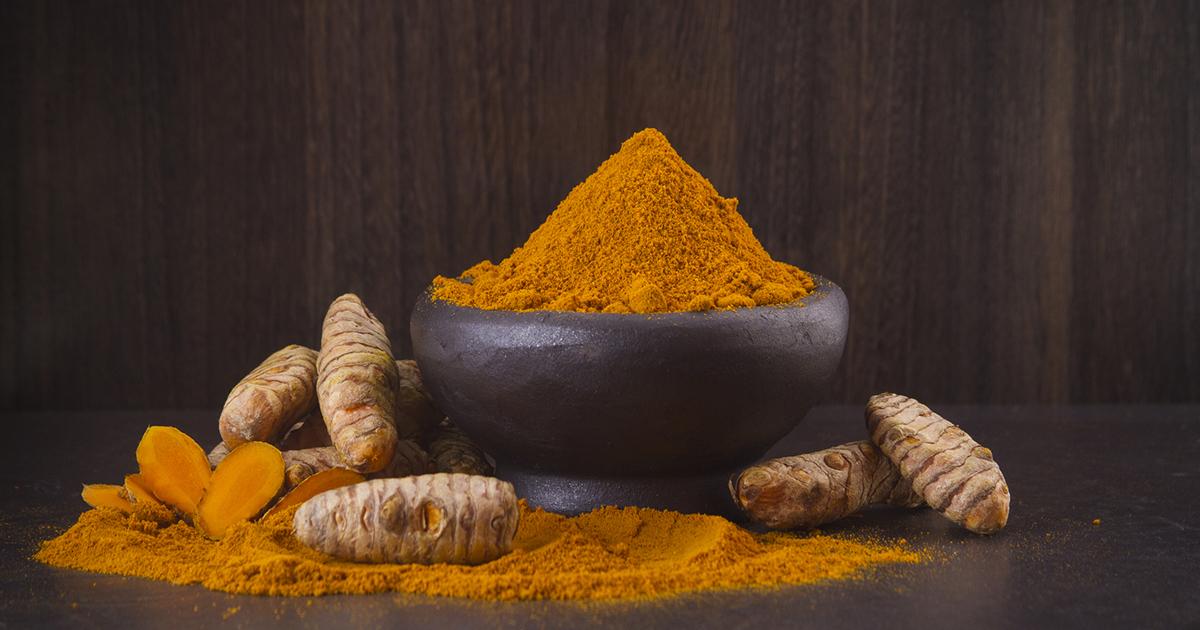
Turmeric is gaining popularity as a superfood and a remedy for many medical ailments. Reportedly, some research indicates it can outperform many pharmaceutical remedies, such as with the component of turmeric called curcumin, which seemingly does more than the pneumococcal vaccine in protecting against severe lung damage in infants. One of the major benefits of turmeric in many of these cases is the lack of adverse side effects.
Turmeric, a popular spice, is a powerful antioxidant and anti-inflammatory, and turmeric tea has been widely utilized as a natural remedy for many symptoms associated with the common cold, such as sore throats, congestion, and headaches. Try drinking some turmeric tea or incorporating the spice into different recipes in your normal diet. For an added punch, add a little raw honey to tumeric tea to stop a painful cough in its tracks.
Steam

Steam is powerful when it comes to alleviating congestion. There is a reason why many individuals feel much better after a hot shower, after all. Of course, taking a hot shower is not the only way to embrace this remedy for the common cold. Simply fill a pot with water and put it on the stove. When it begins to boil, walk over to the stove with a towel behind your head and carefully lean over the pot without getting too close. The towel should block most of the steam from escaping behind you and force it into your face. This is what you want, as the heat of the steam loosens the mucous membranes in your throat and nose, relieving congestion and other stuffiness.
